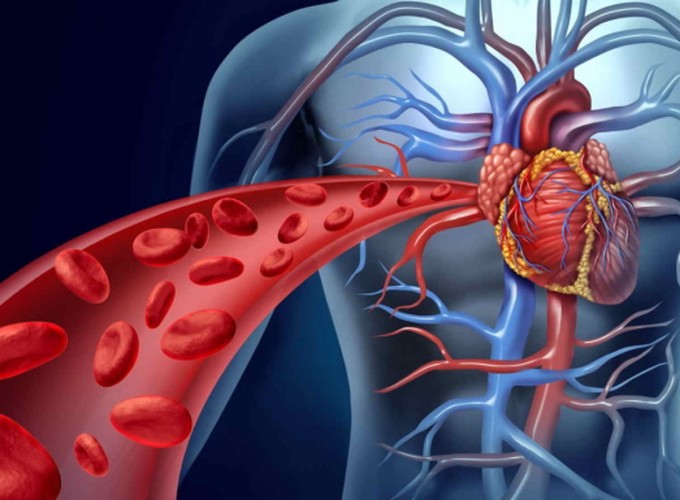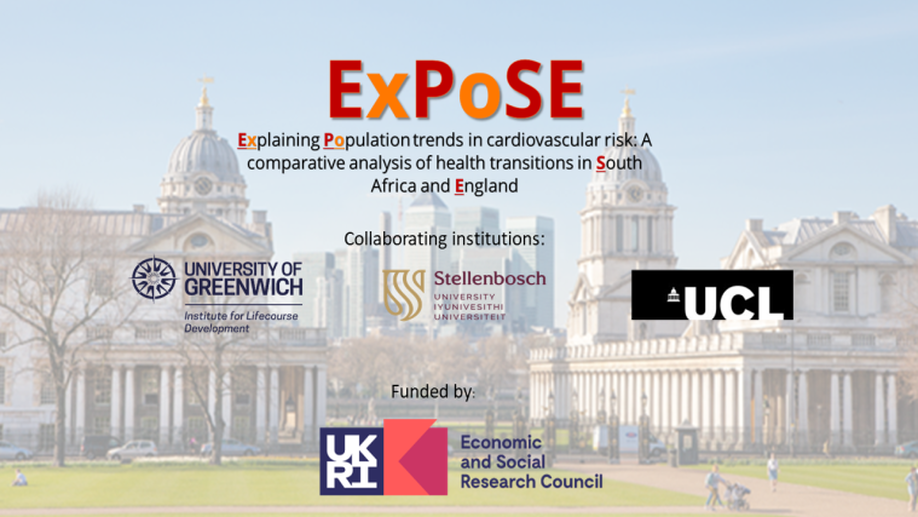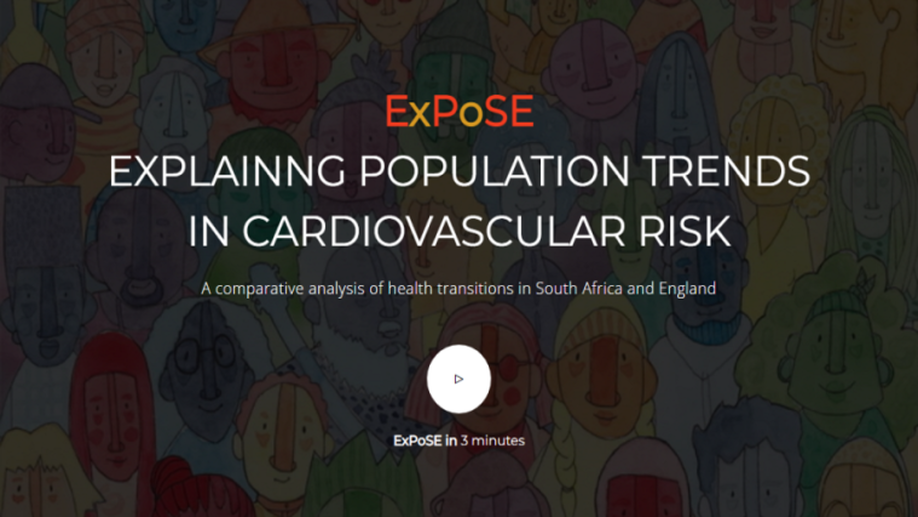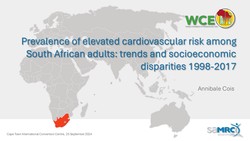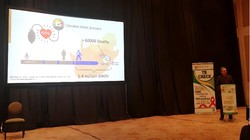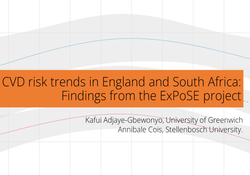The global burden of non-communicable diseases (NCDs) is increasing. Cardiovascular diseases (CVD) in particular are the leading causes of death globally and often share characteristics with many major NCDs. Namely, they tend to increase with age and are influenced by behavioural factors such as diet, exercise and smoking. Risk factors for CVD are routinely measured in population surveys and thus provide an opportunity to study health transitions. Understanding the drivers of health transitions in countries that have not followed expected paths (e.g. South Africa) compared to those that exemplified models of ‘epidemiologic transition’ (e.g. England) can generate knowledge on where resources may best be directed to reduce the burden of disease.
The ExPoSE study aims to examine notions of epidemiologic transition by identifying and quantifying the drivers of change in chronic disease risk in a middle-income African setting compared to a high-income European setting. It also aims to produce a harmonised dataset compiling national surveys measuring CVD risk factors in South Africa for others to use in future research.
More information:
